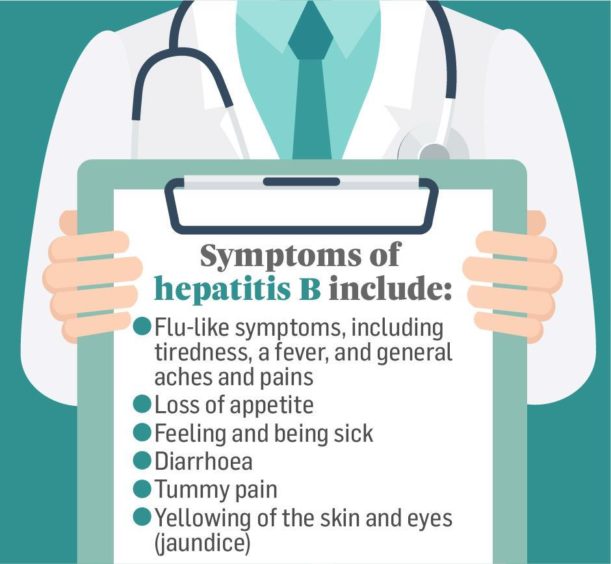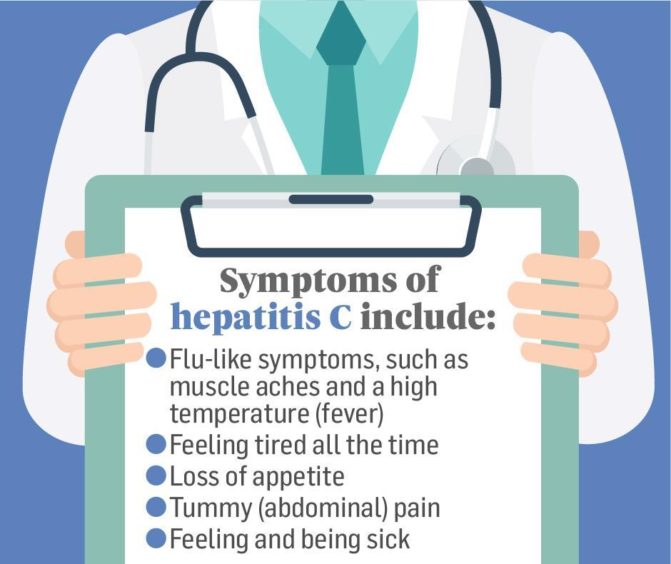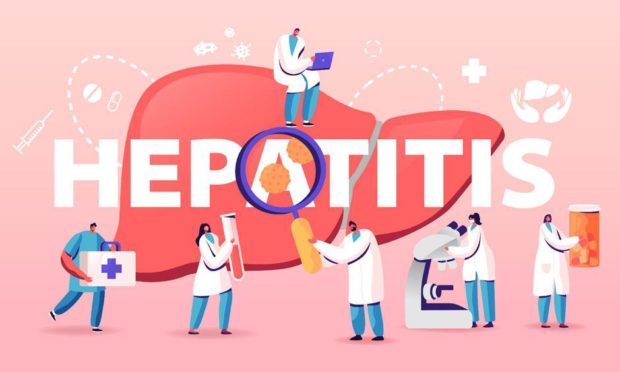Around the world one person dies every 30 seconds from a hepatitis-related illness.
Today, on World Hepatitis Day, the importance of diagnosing hepatitis B and C in Scotland has been highlighted.
Hepatitis B and hepatitis C are both blood-borne viruses which can cause inflammation of the liver and can lead to cancer, or even early death if left undiagnosed and subsequently untreated.
“Most people with the infection do not have symptoms”
Passed on through blood-to-blood contact with an infected person, Pauline Dundas, clinical lead for viral hepatitis at NHS Grampian, stressed the importance of being tested for hepatitis – even if a person has no symptoms.
“Most people with the infection do not have symptoms and only discover they have hepatitis C by being tested for it,” she explained.
“The new treatments for hepatitis C have very few side effects, require a short course of tablets and completely clear the virus in most cases.
“The benefit of treatment is that it reduces liver damage and complications and prevents further spread of the virus.”


Treatment needs to be quick to be more effective
In Scotland, 4,986 people were diagnosed with hepatitis B in 2016, with an estimated 4,000 more undiagnosed.
It’s estimated a further 21,000 individuals in Scotland live with hepatitis C, which is mostly passed through the sharing of needles. There are other ways in which hepatitis C can be contracted including sexual transmission.
Treatment for hepatitis B and hepatitis C is available, but the sooner a person is diagnosed the more effective the treatment will be.
Pauline added: “Anyone who thinks they may have been at risk of hepatitis B or C should speak to their GP or other health care worker and ask for a test.”

